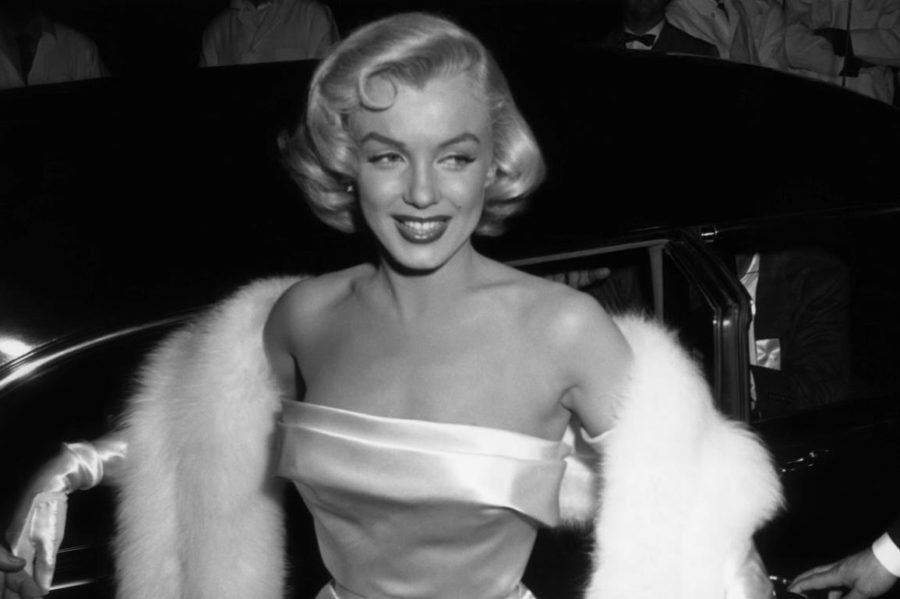Diets, distortion and death wishes
Marilyn Monroe is often considered to be a plus-size icon, despite weighing around 120 pounds.
December 6, 2018
Considering the media’s extreme photoshop and toxic encouragement of fad diets, it’s nearly impossible for young women to avoid insecurity.
According to the Park Nicollet Melrose Center, over 50 percent of adolescent girls take part in unhealthy weight control behaviors, such as skipping meals, purging and consuming laxatives.
Unfortunately, body image has been affecting everyone from celebrities to preteen girls for much longer than people seem to realize. Historically, women in Hollywood were known to partake in odd and potentially dangerous diets in order to maintain their figure. Marilyn Monroe, one of the most famous sex symbols in history and the most famous actress in the golden age of Hollywood, revealed she regularly consumed nothing but raw eggs in milk for one-third of her meals. Opera singer Maria Callas lost over 80 pounds by ingesting tapeworms that would grow up to 30 feet inside her intestine and feed off the majority of her calories.
In past decades, those unhealthy behaviors have done nothing but escalate. “Riverdale” star Lili Reinhart spoke of her experience in the film industry as a young woman in the spotlight.
“From a young age, we are unknowingly being trained by magazines, marketing, and all forms of media that having cellulite or not wearing makeup is worthy of being publicly shamed,” said Reinhart. “So there was no way in hell that as young women digesting this media we weren’t all going to try and hide those parts of ourselves from then on.”
Reinhart made a call to action for all the young women listening to her, encouraging them to express themselves in a genuine manner.
“The world is not going to reform tomorrow,” said Reinhart. “We can’t rely on those who profit from our perceived flaws to change their ways. There is no easy fix to the ideas of women that have existed for hundreds of years. So that leaves us with one option, which is changing it ourselves. Showing what’s real with no filter and certainly with no shame.”
“The Good Place” star Jameela Jamil expressed a similar stance on photoshop and dieting in social media, choosing to call out celebrities who alter their photos and promote their sketchy diets. Jamil spoke out against Cardi B and Khloe Kardashian after seeing their paid promotion of diet teas.
“I am so sick of the lies,” Jamil wrote on Instagram. “I was so riddled with eating disorders when I was young. I listened to irresponsible celebrities and bought all these bad products and followed their TERRIBLE and toxic diet tips for how they maintained the tiny weight they were… and I [ruined] my metabolism and digestive system for life. I damaged my fertility, I was consumed and mentally ill. I was obsessed and didn’t eat a meal for over three years as a growing teen. I am not going to stop until we teach people to be better allies to women and stop selling this not at all medically sound rhetoric to us.”
After seeing posts online speculating the Kardashians’ weight, Jamil launched her “I weigh” campaign. Thousands of women joined her in measuring their worth in ways other than their weight, so much so that Jamil created an entire Instagram page to honor all the women standing against judgment.
No matter the amount of body positivity campaigns or speeches on self-acceptance, adolescent girls will always be insecure. But, with every celebrity that speaks out on their struggles and every magazine cover left untouched, the world can make slow strides towards a better future for media’s image of the “perfect body”.









